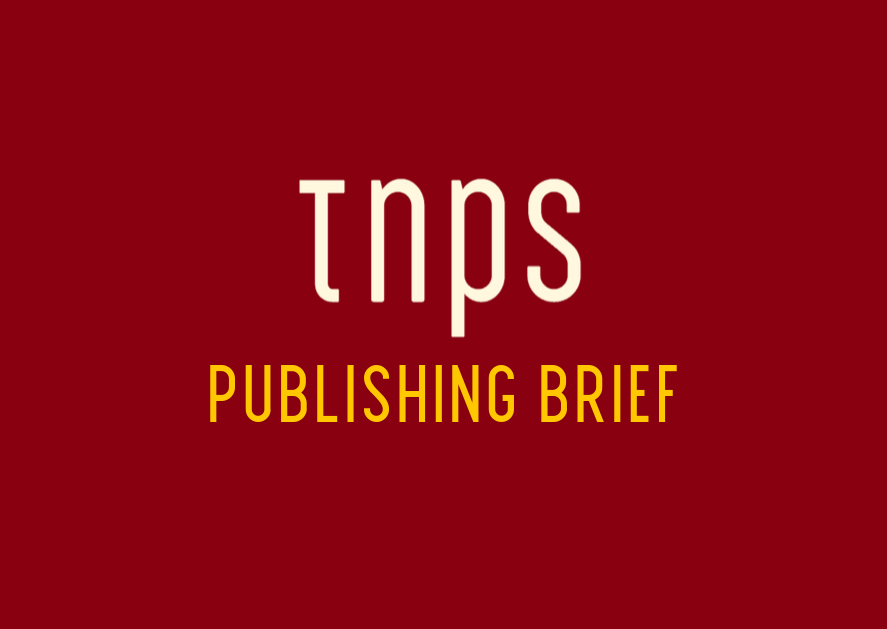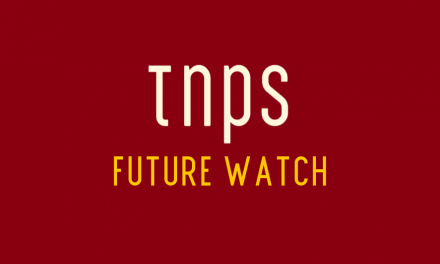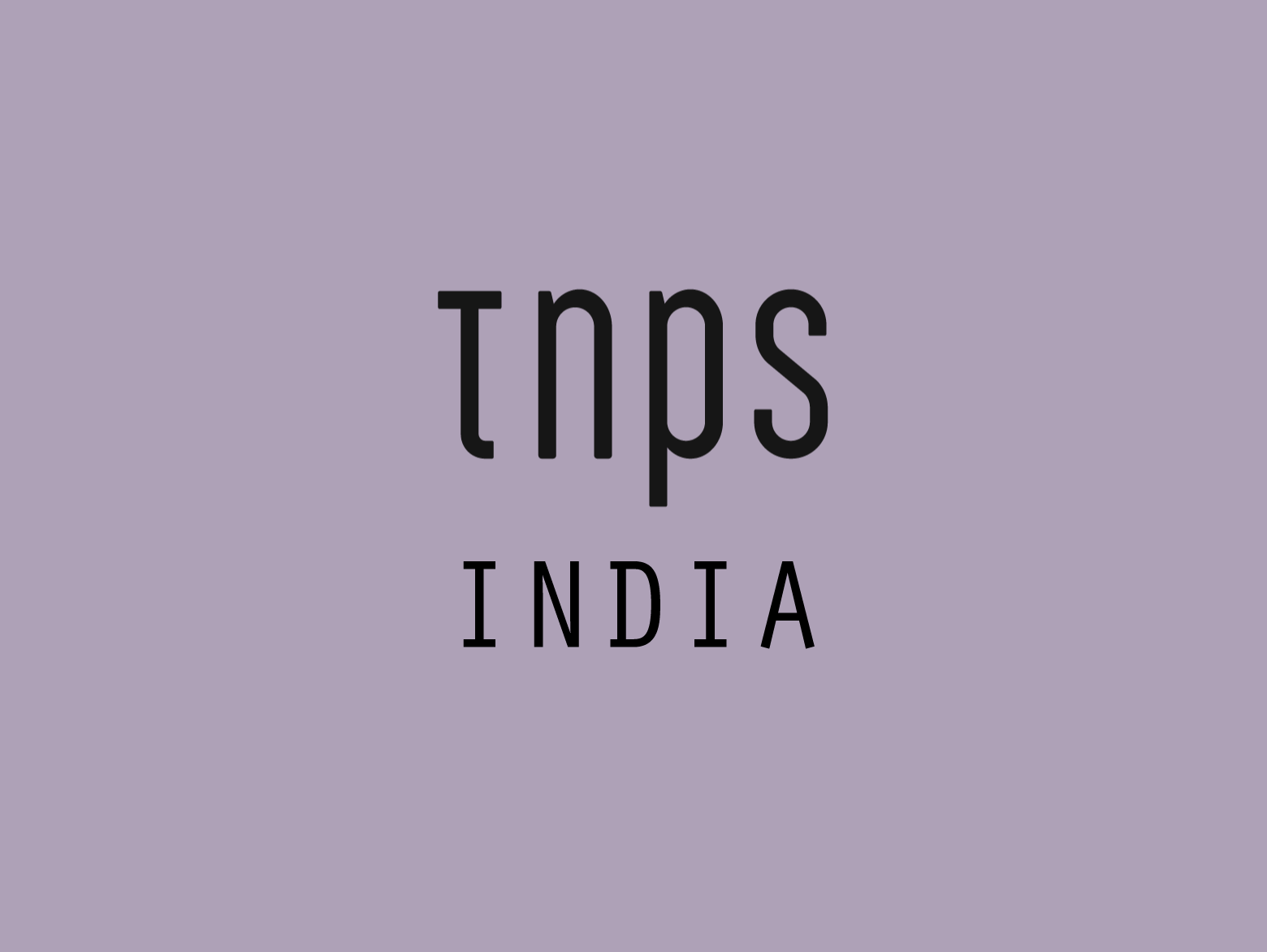Delhi High Court hears pivotal copyright case: Indian news publishers argue AI training by OpenAI threatens journalism’s viability and breaches copyright law.
In the US, the big story is the massive class action against Anthropic, the latest developments of which I missed out while offline last week thanks to a summer storm. Perhaps something to come back to (the AI story, not the storm) as there’s so much riding on the outcome.
But meanwhile, in India, the Delhi High Court is hearing a landmark copyright case, ANI Media Pvt. Ltd. vs OpenAI OpCo LLC, which poses fundamental questions for the future of journalism and artificial intelligence.
The case, closely watched by the Indian publishing industry, centres on allegations that OpenAI used ANI’s news content to train ChatGPT without authorisation or compensation.
The Publishers’ Argument: A Threat to Existence
The Digital News Publishers Association (DNPA), intervening on behalf of major Indian digital outlets, presented a stark warning. Their counsel, Advocate Rajshekhar Rao, argued that the unchecked scraping of copyrighted news content by AI models “reduces the incentive to create,” directly undermining the economic viability and creativity of journalism. The core claim is that this practice constitutes copyright infringement, threatening the very survival of news organisations and, consequently, the public interest that copyright law is designed to protect.
The AI Defence: Synthesis, Not Reproduction
In opposition, an intervener supporting OpenAI contended that ChatGPT does not engage in direct infringement. Their argument is that the AI does not reproduce copyrighted works verbatim but instead synthesises and compiles publicly available information to create new outputs. This, they submitted, aligns more closely with the creation of a permissible derivative work, as there is neither a full nor substantial reproduction of the original content.
Why is AI Different? The Core Copyright Dilemma
This case highlights the critical distinction between how the industry treats human and AI rewriting. When a journalist rewrites an exclusive, it is an act of human interpretation, adding context, analysis, or a new angle. This process, even when reporting the same facts, creates a new, original expression. The underlying news – the facts themselves – are not copyrightable; only their specific presentation is.
The publishers’ grievance against AI is not that it reports the same facts, but that it ingests and leverages their unique, copyrighted expression during the training process. This use occurs without licence or payment, and the resulting AI model can then generate content that competes directly with the original publisher, all while disintermediating them from the audience.
The scale, automation, and commercial nature of this ingestion is what differentiates it from traditional media competition and forms the basis of the copyright claim. The question for the court, therefore is, is scale and automation a breach of copyright?
This post first appeared in the TNPS LinkedIn newsfeed.




